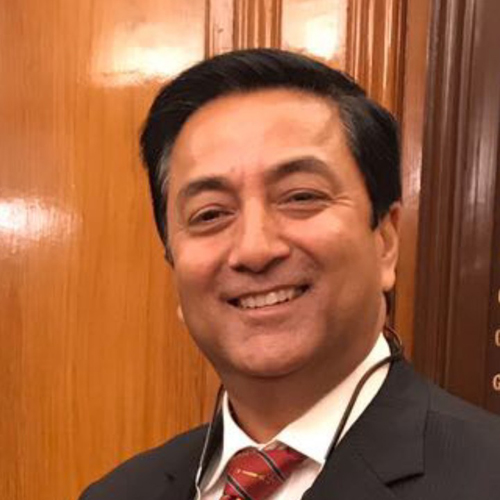Opinion
A new hope
As PM Oli is set to vist China, hopes of enhanced bilateral cooperation renew
Binoj Basnyat
The Sino-Nepal Treaty of Peace and Friendship was signed on April 28, 1960. Diplomatic relations was established on August 1, 1955 with relentless faith in the Five Principles of Peaceful Co-existence and Panchasheel with Nepal’s firm commitment to a One-China Policy. China is Nepal’s second largest trading partner with total exports standing at $181 million. In contrast, imports amounted to $1,228 million in 2015-16 and are growing at the rate of 39 percent annually. China is also the largest source of foreign direct investment (FDI) with pledges totalling $8.3 billion in 2017. Nepal’s northern neighbour is also the second largest source of tourists with arrivals amounting to more than 100,000 annually.
The connectivity of Nepal with China goes back centuries, but it is more prominent when wars with Tibet and China were fought, treaties were signed and trade flourished. Has the Himalaya and unfavourable surroundings been a barrier to China and Nepal then? It gives an impression that shortly this barrier will no longer be there, as highways will replace huge mountains, connecting Nepal and China like never before. This highlights the new strategic significance, where Asia’s two rising powers—India and China appear to be contending for supremacy.
The strategic shifts below the Himalaya shows five key geo-political trends: One, rapid economic growth in both China and India and their increasing political assertiveness; two, strategic communication network north to south that will bear strategic regional linkages which will in turn bear both, security and political consequences; three, variety of transportation system from air, land, rail to waterways; four, new approach to economic development through mega projects and increase in energy plants and FDI; and five, political diversification with extra regional and regional influences on national political parties. These trends begs the question: will they alter the trilateral relationship between Nepal, India and China? Therefore, Nepal in the south of the arc of the Himalaya needs to act in ways that can benefit China-India-Nepal.
The visit
Prime Minister KP Oli is visiting China from June 19-23 with a new hope to stress the transit and transportation facility treaty and nine other pacts and five major ongoing projects under Chinese assistance. The Belt and Road Initiative (BRI) has been taken as an opportunity for new avenues for bilateral cooperation by developing rail and road links, energy and petroleum storage facilities, all of which are being keenly observed across the political and diplomatic arena.
The economy, environment, technology and a mutually accepted development infrastructure plan with strategic significance for both China and Nepal’s northern borders should be part of the National Planning Commission’s strategic plan. The Chinese assistance should be framed as grants rather than interest-free loans and concessional loans. Cultural exchange will help to enhance people-to-people relationship by facilitating the Buddha circuit for Chinese tourism. Security and activities aimed against China’s interests will also need to be addressed and discussed for furthering and enhancing trust.
The points that need to be looked into are implication from military build-up in the region, especially after the Doklam dilemma and Nepal’s measures to keep the borders safe. Enhancing military and police relationship through joint exercises and cooperation for addressing common threats such as terrorism must be discussed too. Improving and managing the cross-border connectivity and activity is another concern.
Changing times call for changing measures. In the face of growing great power competition, countries like China, India, Japan, Russia, South Korea and the US are escalating their efforts to reposition global strategies and force deployments and possessions to enhance their stance in the new world order. Hence, Nepal too needs to act accordingly by confirming the reality and take decisions that are good country and its citizens.
Basnyat is a retired Army Major General, holds an M-Phil degree and is a political and security analyst




 20.72°C Kathmandu
20.72°C Kathmandu










